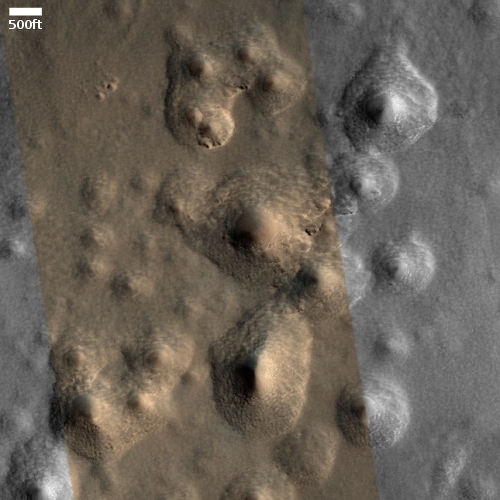Viasat to buy Inmarsat for $7.3 billion
Two long time traditional communication satellite companies today announced a merger, with the U.S.-based Viasat to buy the UK-based Inmarsat for $7.3 billion.
In a surprise move, California-based Viasat this morning announced a plan to acquire UK-based Inmarsat for a cost of some $7.3 billion — potentially creating a commercial satellite communications behemoth worth $4.1 billion in 2021 revenue, of which 40% is in government sales, including to the Defense Department.
While the acquisition will require approval from regulators, the combined company already is planning an expansion of its on-orbit assets, including two polar orbiting satellites that can bring capacity to the Arctic.
The bulk of business for both companies has in recent years been government military contracts, launching geosynchronous communications satellites. Both however have been under strong competitive pressure from the newer satellite constellations in lower orbit. Additionally, the push within the Space Force to shift from single large satellites to many redundant smallsats has put pressure on both companies.
This merger suggests a consolidation is occurring in these big old satellite companies as they struggle to adjust to a changing satellite market. Viasat for example was founded in 1986, while Inmarsat began in 1979, with both companies exclusively launching the traditional geosynchronous communications satellites. Both now are faced with new technologies in low Earth orbit, which has many advantages over high geosynchronous orbits. They need to adapt and change, or die.
Two long time traditional communication satellite companies today announced a merger, with the U.S.-based Viasat to buy the UK-based Inmarsat for $7.3 billion.
In a surprise move, California-based Viasat this morning announced a plan to acquire UK-based Inmarsat for a cost of some $7.3 billion — potentially creating a commercial satellite communications behemoth worth $4.1 billion in 2021 revenue, of which 40% is in government sales, including to the Defense Department.
While the acquisition will require approval from regulators, the combined company already is planning an expansion of its on-orbit assets, including two polar orbiting satellites that can bring capacity to the Arctic.
The bulk of business for both companies has in recent years been government military contracts, launching geosynchronous communications satellites. Both however have been under strong competitive pressure from the newer satellite constellations in lower orbit. Additionally, the push within the Space Force to shift from single large satellites to many redundant smallsats has put pressure on both companies.
This merger suggests a consolidation is occurring in these big old satellite companies as they struggle to adjust to a changing satellite market. Viasat for example was founded in 1986, while Inmarsat began in 1979, with both companies exclusively launching the traditional geosynchronous communications satellites. Both now are faced with new technologies in low Earth orbit, which has many advantages over high geosynchronous orbits. They need to adapt and change, or die.

